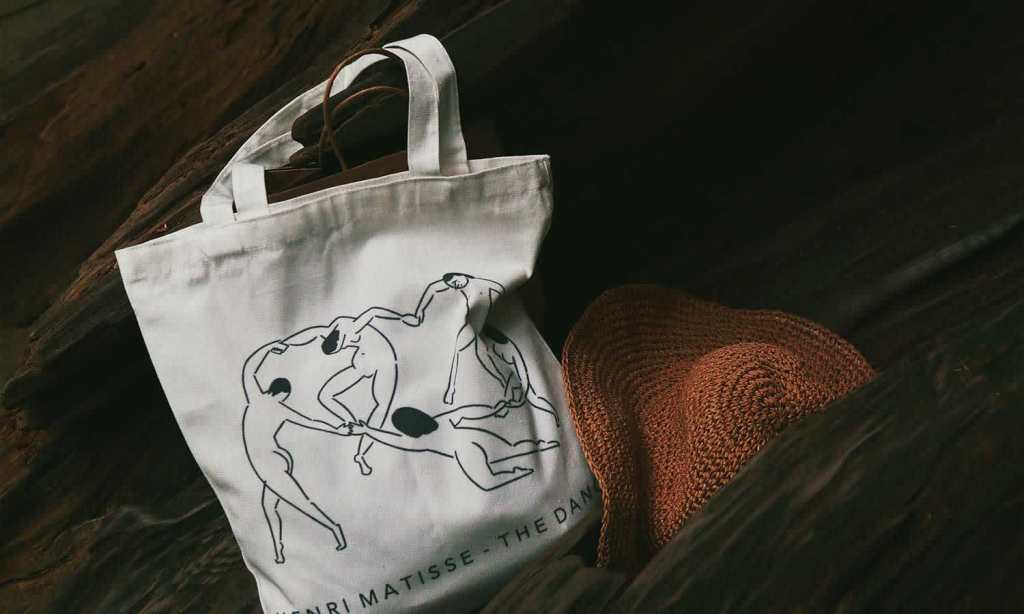Increasing carbon emissions and the effects of CO2 on the planet continues to be the biggest crisis facing humanity.
While non-renewable energy production and emissions created from travel, transport and agriculture are large contributors to the problem, so too are the mass amounts of waste from consumer-centric industries like fashion and electronics.
The fashion industry is expected to contribute more than a quarter of the world’s carbon budget by 2050, while globally, 50 million tons of electronics are being discarded every year.
These issues extend beyond our own shopping habits, however, we certainly can start to make a difference to reduce these figures at home by choosing brands that prioritise sustainability and produce products referring to ethical values.
Thankfully, new research on Australian consumer habits reveals nine in 10 shoppers are more likely to purchase products that are produced ethically and sustainably.
Parcel delivery service CouriersPlease commissioned a survey on more than 1000 Australians. In their findings, they discovered a positive shift towards conscious consumerism.
According to the research, 87% of Australian shoppers are more likely to purchase products that are ethically and sustainably produced. In addition, 85% of people surveyed said they’d like to see retailers and brands be more transparent, and communicate more effectively about the origins and sustainability of their products and whether they are engaging in ethical practices.
“Our research reveals that Australians are becoming more conscious shoppers and are starting to make more considered choices by seeking, and purchasing, products that are sustainably and ethically produced,” says Paul Roper, chief commercial officer at CouriersPlease. “This is an important incentive for retailers to embark on sustainable initiatives within their own operations and supply chain.”
The survey also discovered that 41% of shoppers would be willing to pay more for ethical and sustainable products, however, 46% of shoppers say that although they’d like to make more conscious purchases, they would not be willing to stretch the budget to do so.
So, how do we shift these figures? Well, it is unfair to suggest everyone fork out extra money for ethical products. Not all households have this luxury, and so the onus of responsibility really does sit with those who have the means to be making more considered purchases.
I’m no economist and I’m aware this is an oversimplification, but the basic principle of supply and demand would suggest that the more people who shop via sustainable and ethical retailers, the cheaper these products will become over time to allow more frugal consumers to purchase also.
So, if you have the means, please do your research and consider buying from sustainable, ethical, and environmentally friendly retailers. Start at home by eating less meat and making the swap to renewable energy.
There are a number of providers like Powershop that provide 100% carbon neutral power for your home, though you can use platforms like Huglo to compare clean energy providers and find a supplier that matches perfectly to the needs of your household.
In your wardrobe, shop sustainable fashion brands that support local makers and prioritise eco-friendly fabrics. When you travel, be sure to offset your emissions and visit second cities to side-step over-tourism.
We can all work harder to reduce our carbon footprints and reduce emissions. Take your time when browsing and purchasing products to research the brands you’re supporting, and question their ethical and sustainability principles if they’re not laid bare on their websites.
Read more stories from TheLatch— and follow us on Facebook.

